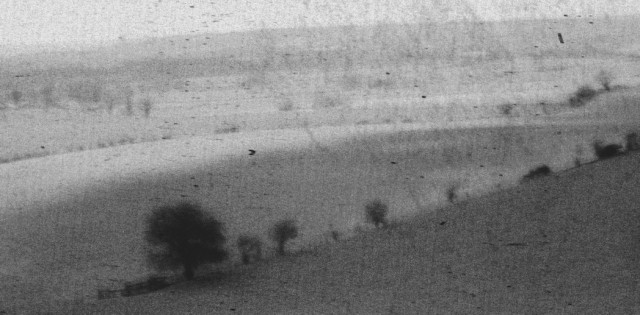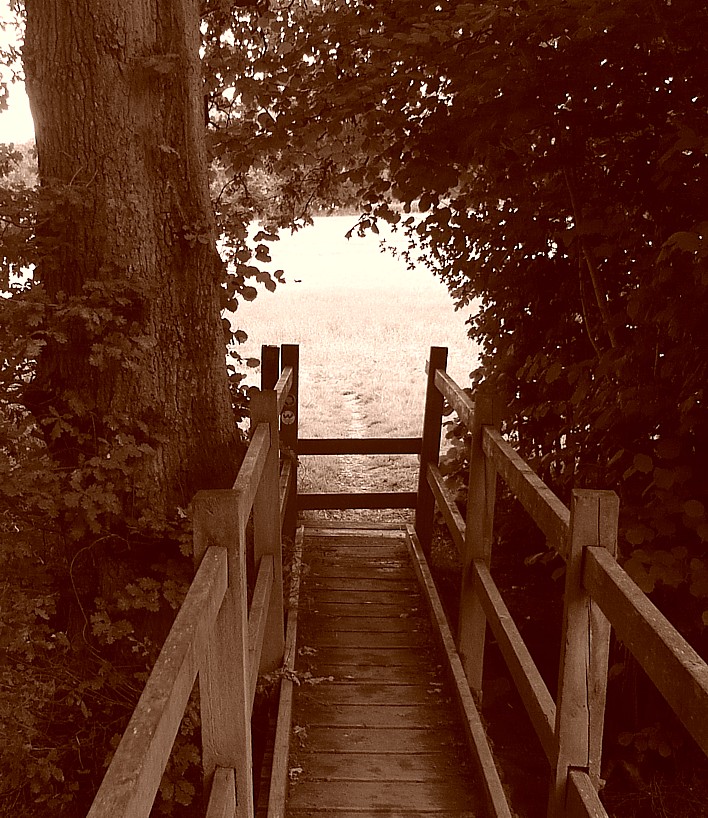
Last night I dreamed I sank into the depths of some great ocean.
I went down, right down to the bottom of the sea and
There I saw a wooden chest.
And then a mermaid appeared and smiled, and indicated
That I should open it.
But having done as she had asked,
I thought at first I had made a mistake,
For I beheld countless stars shining in the depths of the chest,
Which appeared to be as large and as wide as the sky.
And even as I thought this, those stars rose up and surrounded me
And then, dismayed, I saw them floating up until they reached
The surface of the sea,
Where they were taken by the tides and currents
And swept away to every corner of the Earth.
***
When I awoke, I felt sad for the loss of those stars.
But then I realised it had been a dream, and
I fell asleep again and dreamed I laboured down a mine.
And I was hot and weary and grimy as I crawled
Through low passages, searching for precious stones.
It was tiresome work but finally,
Rounding a corner, I saw a distant glow and
As I drew near, I saw a gem that shone amidst the darkness.
I found then I carried pick and hammer, and
Any number of chisels, so I set to work.
After much labour I held the gemstone in my palm and
The light from this treasure seemed to flow out from my hand,
And illuminate every corner of the mine.
This gladdened my heart, but one appeared who I had been dreading,
Although I had not known it until that very moment,
And they took the jewel from my hand and disappeared,
I knew not where.
***
And so again I awoke and then
I slept a third time – troubled sleep! – this time
I dreamed I walked on crowded streets
And watched the many who surrounded me
And listened to their talk.
These were the conversations carried on
By every man and woman who had ever lived,
Or ever would.
But after time their speech became confusing;
I could no longer distinguish any words, and then
The world fell silent, although they still spoke,
And still I watched and found that I could see their speech,
And all their conversations floated on the breeze
Before me,
For their speech was made of stars and gemstones,
Mingled now with flowers and with ash.
Mingled now with night soil and with butterflies.
And I was content with that, and now slept deeply.


